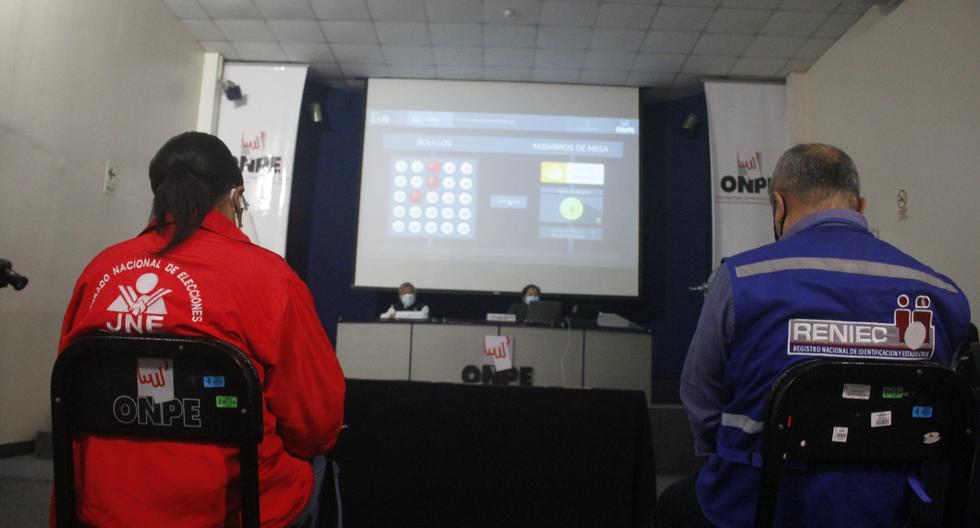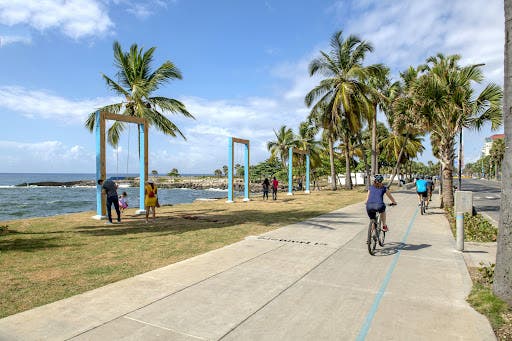Before the Constitution and Regulations Commission of Congress, different groups have presented up to four bills that seek to make reforms in the National Office of Electoral Processes (ONPE) and the National Elections Jury (JNE).
They propose, for example, to modify the Plenary of the JNE and that the members are not active when they are elected as representatives of the aforementioned entity; also change the number of members and that they go from five to seven; likewise, that they be elected in Congress with a minimum of 78 votes, instead of 87, and, finally, that the mandate of the current ONPE and JNE holders, Piero Corvetto and Jorge Luis Salas Arenas, respectively.
LOOK: Sendero del Vraem murders seven policemen after a cowardly ambush
Two of the four proposals are direct initiatives of the Acción Popular bench; Renovación Popular, Avanza País, Alianza para el Progreso and Acción Popular also participate in the other two.
JNE AGAINST
The National Elections Jury was against some of the legislative initiatives.
On the proposal to increase the number of members of the institutional Plenary to seven, with the aim of “creating two supreme jurisdictional chambers made up of only three members each”, the JNE expressed its disagreement.
He explained that the five members with whom the institution currently works ensure the necessary debate for the review of the causes and issuance of the respective resolutions.
In a statement recently published by the JNE, it indicated that the creation of both chambers, as proposed in Congress, “cuts the debate and prevents reasonable disagreement, and may even paralyze the electoral jurisdictional processes, which are by nature fast.” assured.
On the other hand, regarding the initiatives that reduce the times of the current administrations of Piero Corvetto and Jorge Luis Salas Arenas, the highest electoral entity stated that “the reasons are not exposed nor is there a reasonable support to advance the culmination of the mandate or remove from the electoral jurisdictional function the member chosen by the Supreme Court, who exercises the presidency of the JNE, as stated in the bills”.
THE EXPERTS SPEAK
For the lawyer specialized in electoral law Jorge Jáuregui, that the Parliament tries to alter the conformation of the electoral organisms would be “a very serious attack against the democratic regime”, especially “knowing that it is the parliamentary benches that are part of the political parties that they are going to contend in an upcoming electoral process,” he told Peru21.
And he added: “It seems that here there is a serious interference in the electoral bodies that could be interpreted as an attempt to undermine their autonomy to handcuff a result in the future.”
On the other hand, Alejandro Rospigliosi, who is also an expert on electoral issues, spoke out against the proposal to cut the term of office of the presidents of both institutions.
“If they have committed any crime of corruption, they should be punished; their period must be respected, unless they commit a serious infraction, ”he told this newspaper.
However, regarding the issue of increasing the number of members, Rospigliosi assured that “institutions are more important than people, I feel that the current members of electoral bodies believe they own the institution.”
Both lawyers added that it is proven that there was no electoral fraud that justifies the removal of those who directed those two organizations.

















